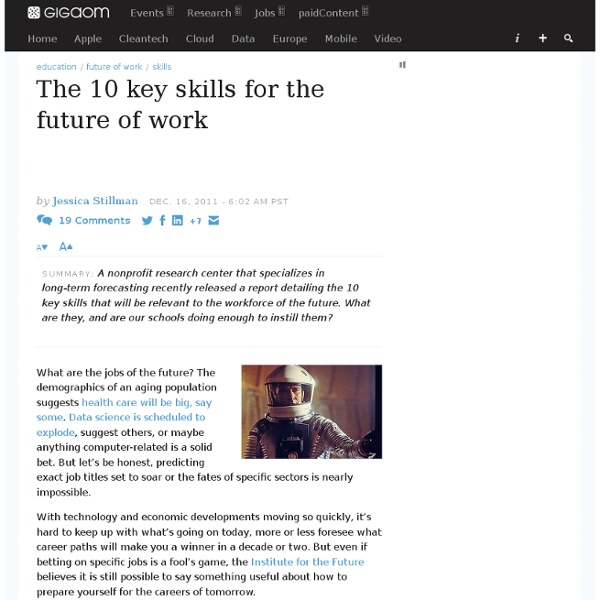Les 10 compétences clés pour l'avenir du travail - Tech News and Analysis

Cube: Enregistrez des heures en 15 secondes.
HALL | Group Chat, messagerie instantanée
Logiciel de gestion de projets collaboratif en ligne
ViewChat PDF Sharing Messenger - Easily share PDF and Files while chatting with someone.
Choisir un logiciel de gestion de projets : service de comparaison
Petit projet, grand projet, projet unique, plusieurs projets simultanés, petite équipe, grande équipe, courte durée, longue durée, petit budget, gros budget, un seul lieu, plusieurs lieux, tous à la même heure, plusieurs fuseaux, une direction, plusieurs décideurs, une langue, plusieurs langues, peu d’inconnues, beaucoup d’inconnues, peu d’expérience, grande expérience, peu de technologie, beaucoup de technologies… gérer un projet peut-être facile ou incroyablement compliqué. Pas étonnant que l’on trouve plusieurs centaines de systèmes de gestion de projet: plus de 700 ! Pour s’y retrouver, il existe bien quelques critères comme Taille de l’entreprise, nombre de participants au projetBudget, risque, complexitéMobilité et technologie en placeSpécialisation (construction, recherche, spectacle, etc.) Mais il devient vite évident que s’il faut faire un choix entre diverses solutions, on aura à déterminer lesquelles peuvent opérer dans son univers administratif et technologique. Références
Related:
Related:



